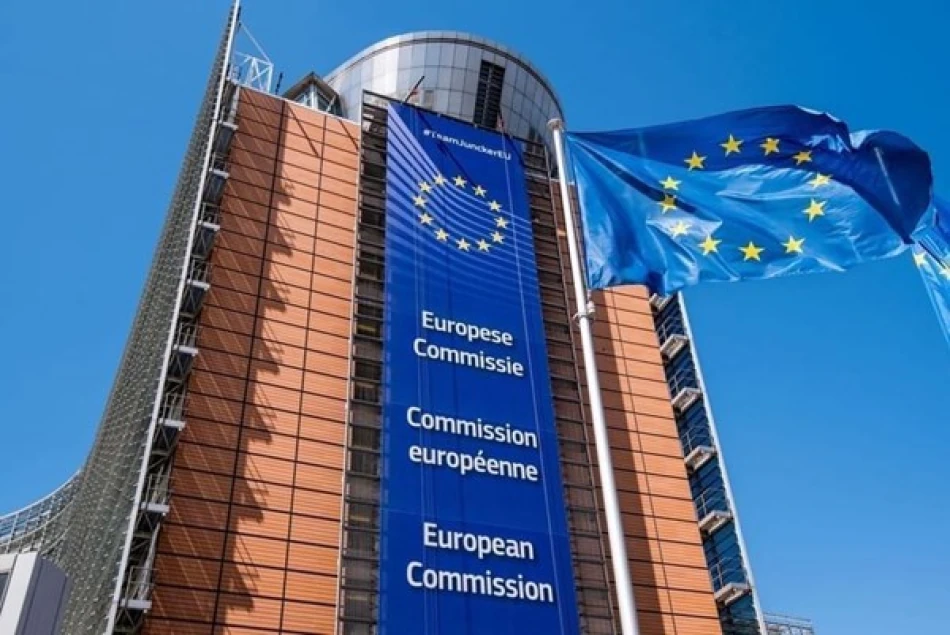
EU Unveils AI Adoption Strategies to Accelerate Artificial Intelligence Integration
The European Commission just launched two major AI strategies aimed at making Europe a global hub for artificial intelligence. The "Apply AI Strategy" targets key industries like healthcare and manufacturing, while the "AI in Science Strategy" focuses on research. Combined, these initiatives will mobilize over 1.6 billion euros in funding and represent Europe's biggest push yet to compete with the US and China in the AI race.
These strategies build on Europe's "AI Continent" plan from April 2025. But here's what makes this different - instead of just regulating AI like Europe did with its AI Act, this time the focus is on actually using the technology to boost economic growth and scientific breakthroughs.
The Apply AI Strategy puts serious money behind getting AI into real-world applications. The Commission will spend about 1 billion euros helping sectors like healthcare, pharmaceuticals, energy, transport, and agriculture adopt AI tools. Small and medium-sized companies get special attention, since they often struggle to afford these technologies on their own.
The plan includes setting up AI-powered medical screening centers and developing "agent AI" systems for environmental monitoring and drug discovery. There's also an Apply AI Alliance bringing together industry, government, academics, and civil society groups to coordinate efforts.
The second strategy targets scientific research through a new virtual institute called RAISE - the European Resource for AI in Science. This network will help researchers across Europe share resources and develop AI applications for their work. The Commission is putting 600 million euros from its Horizon Europe program toward boosting computing power for research.
Here's where the numbers get interesting. Europe plans to double its annual AI investments to over 3 billion euros. Another 58 million euros will fund doctoral programs designed to attract global talent to European universities and research centers.
For investors and tech companies, this signals a major shift in European policy. After years of focusing mainly on AI regulation, Europe is now actively competing for AI leadership. The continent has strong research institutions and strict data protection rules that could appeal to users worried about privacy.
But Europe faces tough competition. The US dominates AI development through companies like OpenAI and Google, while China leads in AI applications and manufacturing. Europe's approach emphasizes "trustworthy and safe" AI, which could become a selling point if concerns about AI safety continue growing globally.
The timing matters too. These strategies launch as AI adoption accelerates across industries worldwide. Companies and governments that move fast could gain lasting advantages in everything from drug discovery to climate modeling.
The Commission's Joint Research Centre will track progress through technical assessments and sector studies. In late October, Europe will announce its Data Union Strategy to align data policies with economic needs. Then in November, Copenhagen will host an AI in Science summit where new RAISE projects and private sector commitments get unveiled.
For European startups and researchers, this funding represents a real opportunity to compete globally. For international companies, Europe's combination of strong institutions, data protection standards, and now significant AI investment could make it an attractive place to develop and deploy AI systems.
Most Viewed News

 Layla Al Mansoori
Layla Al Mansoori






